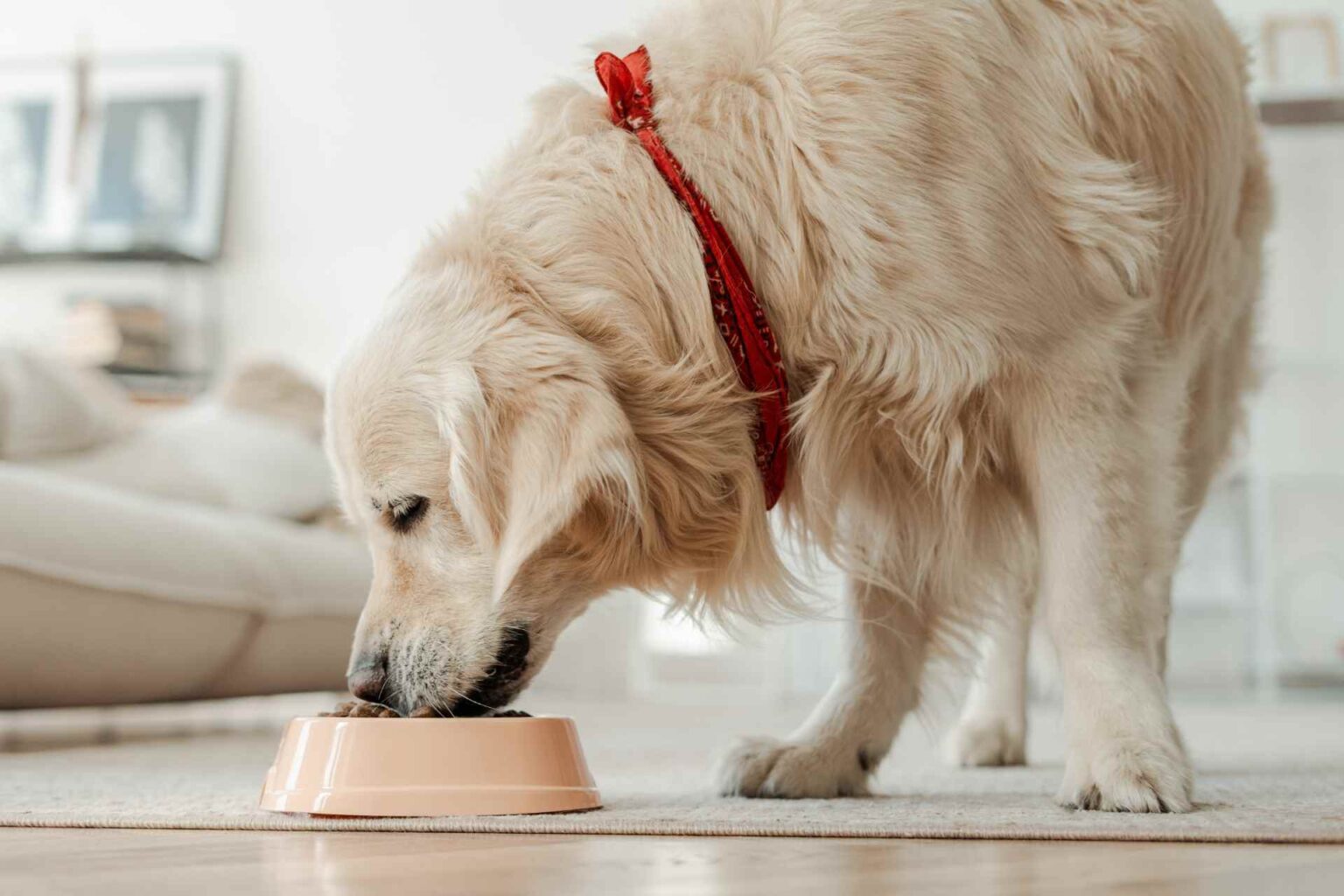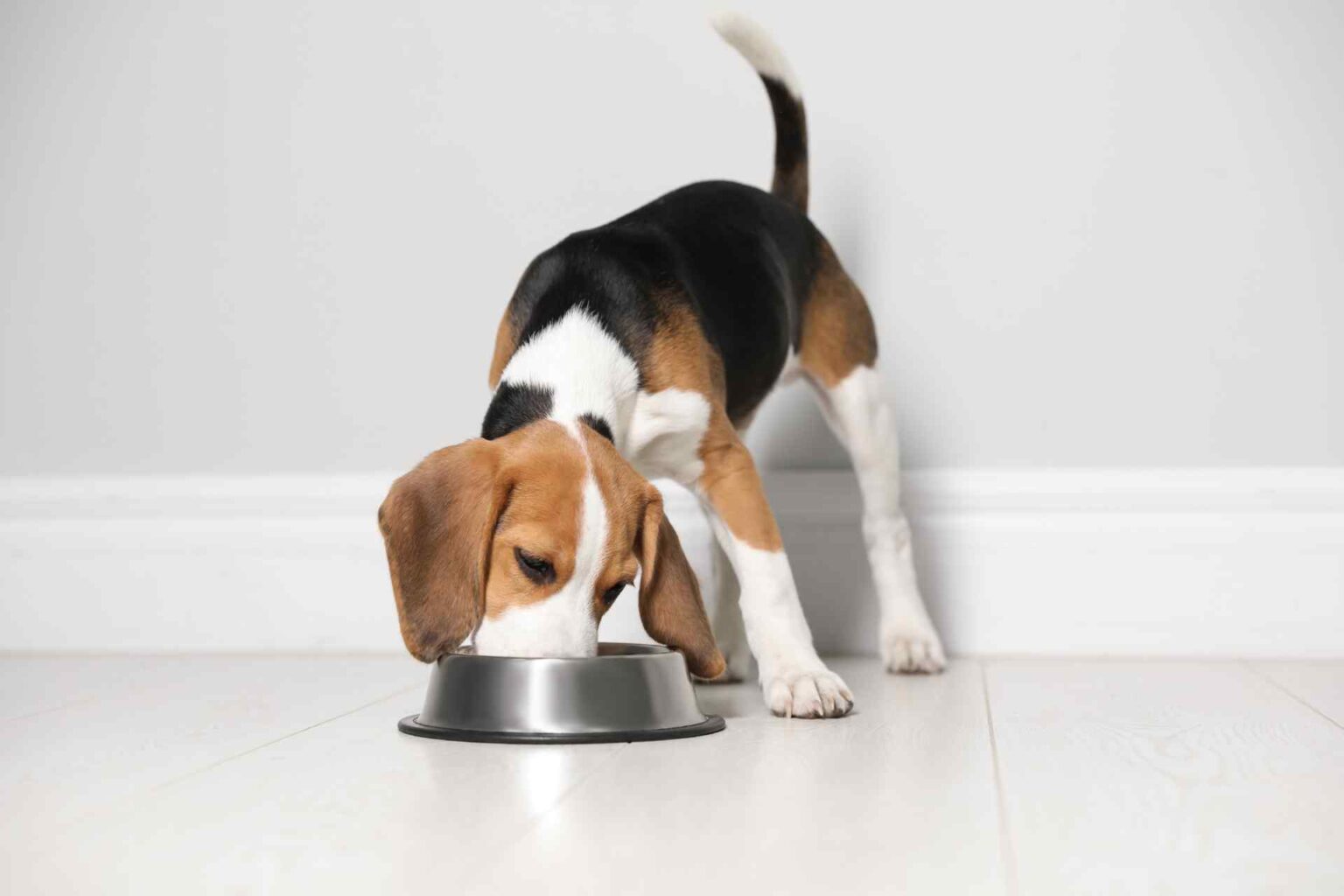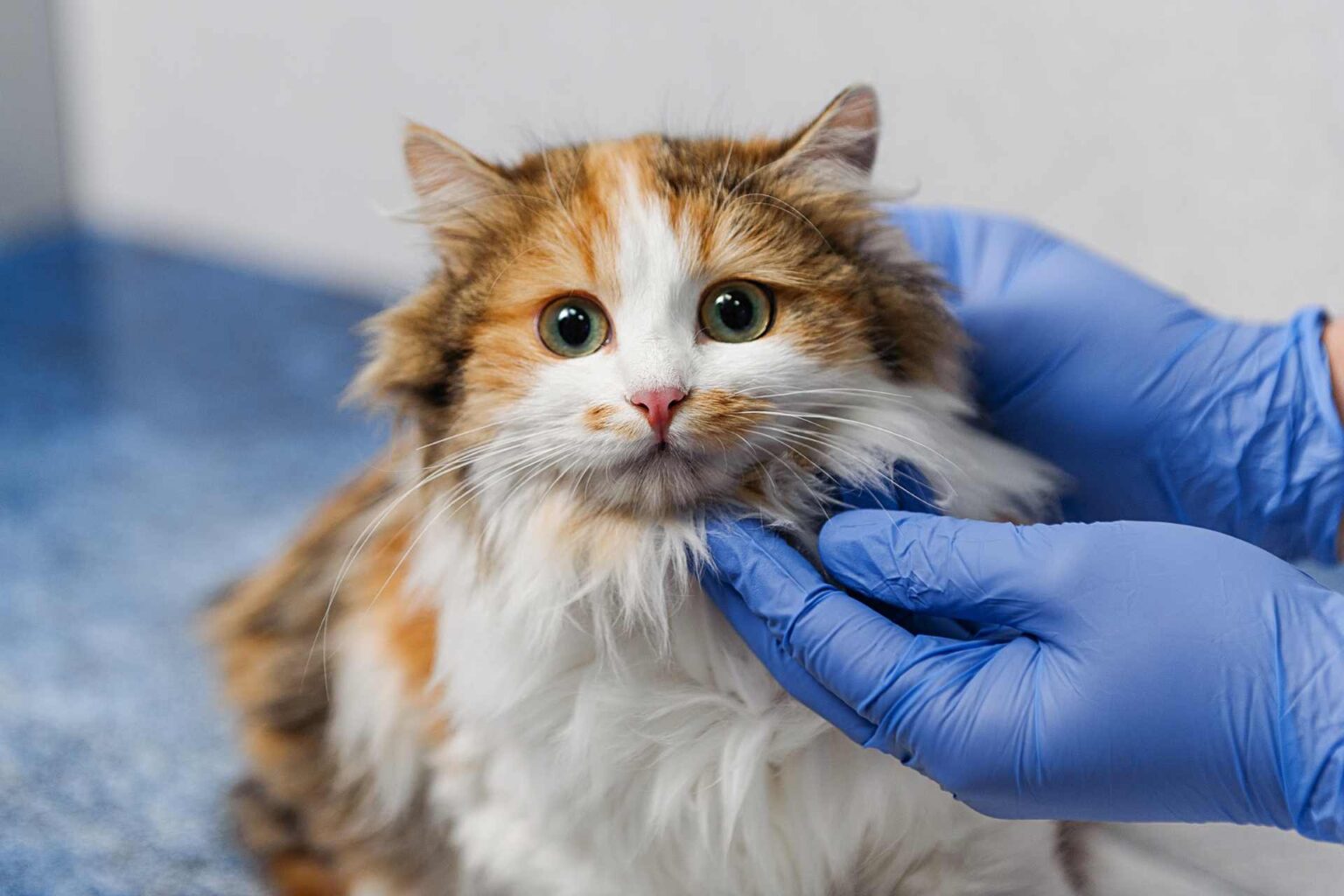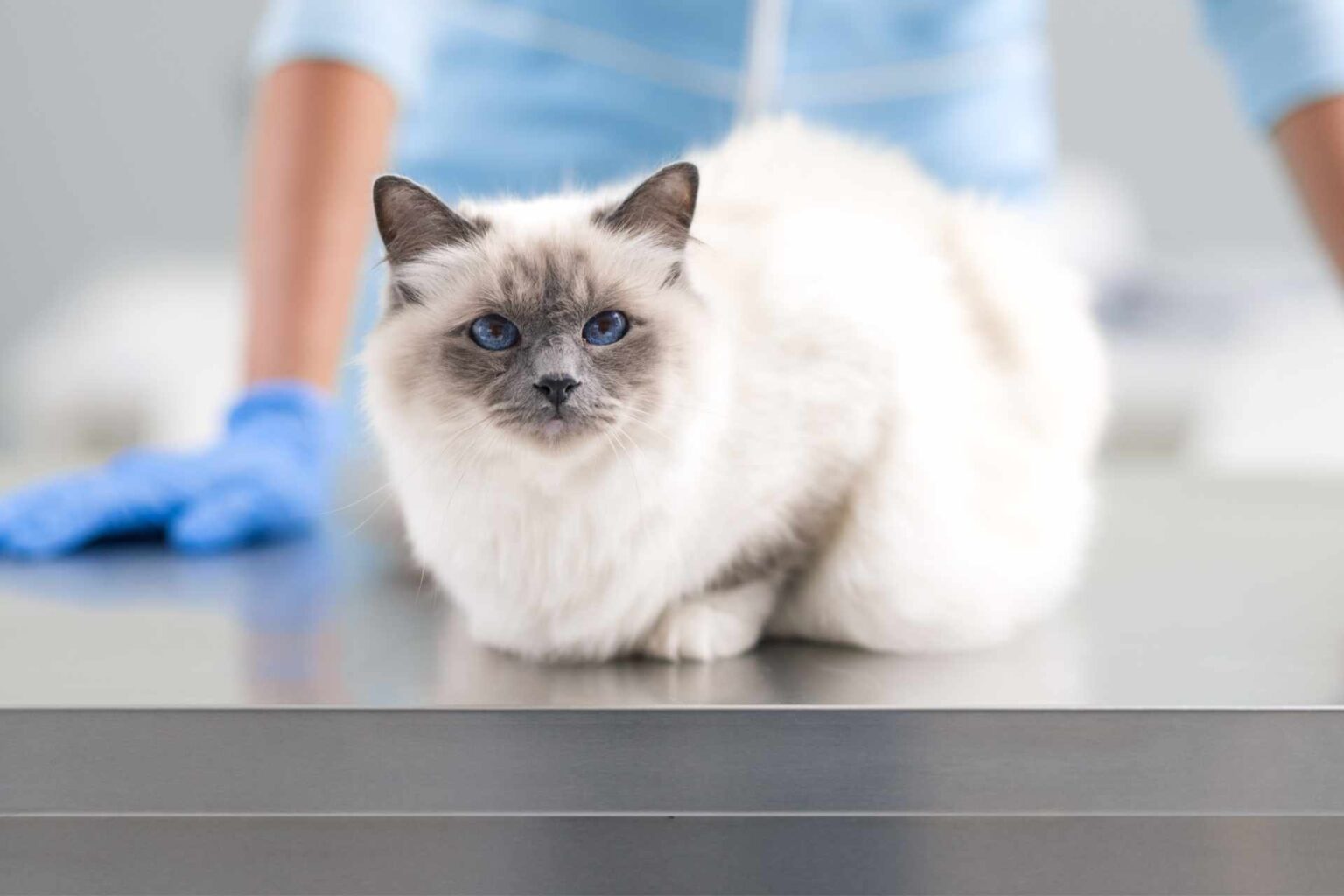Diet is the main driver for modulating the gut microbiota; there are now numerous studies in the literature showing that diet can determine the populations of microbes residing in the gut and their microbial products (metabolites).
We also know that the fermentation of proteins by proteolytic bacteria produces metabolites of bacterial origin, a process called putrefaction. And these metabolites, also called postbiotics, directly affect the health of the host.
Some are toxins that can accumulate in the systemic circulation of cats with a disturbed gut microbial community. Indoxyl sulfate, p-cresol sulfate, and trimethylamine-n-oxide are toxins produced during microbial fermentation of proteins in the intestine.
By changing the gut microbial community, the concentration of protein in the diet could influence the production of these toxins.
The US study
The purpose of the study conducted in 2023 at the University of Oregon was to evaluate for 3 months the effect of feeding healthy adult cats foods of varying protein concentrations on the fecal microbiome and serum concentrations of major toxins of intestinal origin.
Twenty healthy young adult cats were randomized into two groups and fed a low-protein (LPD; 7.4 g/100 kcal ME) or high-protein (HPD; 11.0 g/100 kcal ME) diet for a period of 12 weeks.
Serum uremic toxin concentrations were measured by liquid chromatography with tandem mass spectrometry, and the fecal microbiome was characterized by reduced-sequence shotgun metagenomics.
Cats fed a high-protein diet had increasing serum concentrations of p-cresol sulfate in the first 8 weeks before returning to baseline concentrations.
Cats fed a high-protein diet also had higher fecal microbial community diversity and reduced relative abundance of beneficial bacteria of the genus Bifidobacterium.
HPD-fed cats had greater fecal microbial community diversity and reduced relative abundance of beneficial bacteria of the genus Bifidobacterium. In addition, HPD increased serum concentrations of the uremic toxin PCS, but the effect was short-lived.
Conclusions
The results of this study suggest that both diet change and dietary protein concentration change fecal microbial community and microbial function in healthy adult cats.
Reference
Summers, S.; Quimby, J.; Gagné, J.; Lappin, M. The Effect of Dietary Protein Concentration on the Fecal Microbiome and Serum Concentrations of Gut-Derived Uremic Toxins in Healthy Adult Cats. Vet. Sci. 2023, 10, 497. https://doi.org/10.3390/vetsci10080497













